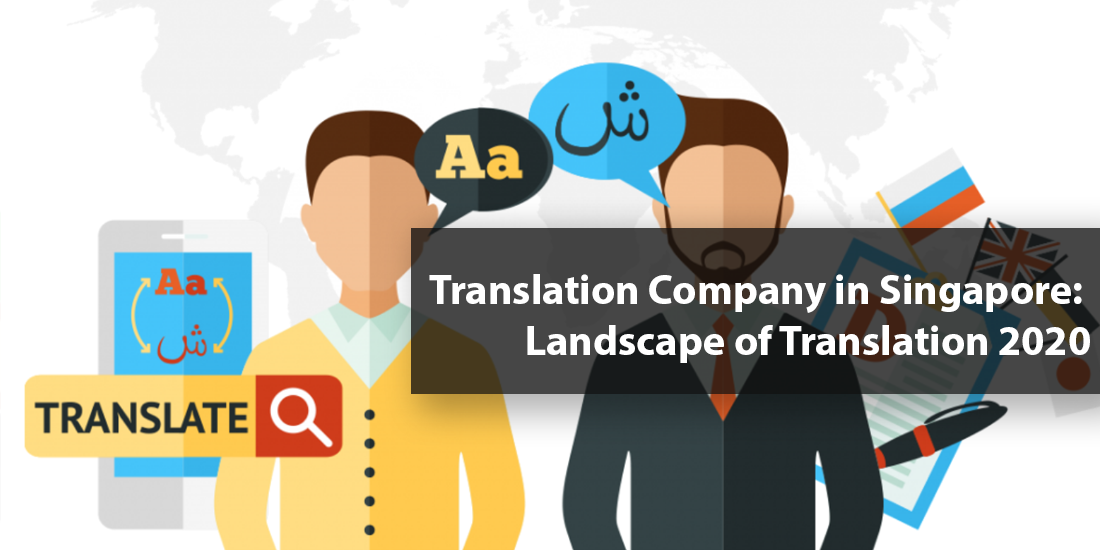
Introduction: India, a land of myriad Translation cultures and languages, stands as a beacon of diversity. With over 1.3 billion people speaking over 19,500 languages and dialects, the need for translation services is paramount. In this blog, we delve into the rich tapestry of translation companies in India, highlighting their roles, challenges, and contributions to bridging linguistic divides.
The Flourishing Translation Industry in India: India’s translation industry has witnessed exponential growth in recent years, fueled by globalization, digitalization, and the country’s status as a global business hub. From government agencies to multinational corporations, the demand for translation and localization services has surged across various sectors, including legal, medical, IT, e-commerce, and entertainment.
At the heart of this bustling industry lie approximately 1500 translation companies, each catering to diverse linguistic needs with precision and expertise. These companies range from small-scale enterprises to large-scale corporations, offering a wide spectrum of services, including document translation, interpretation, website localization, multimedia localization, software localization, and more.
Key Players and Their Contributions
Among the myriad translation companies in India, several key players have carved a niche for themselves with their commitment to quality, innovation, and client satisfaction. Let’s explore some notable names and their contributions:
- Crystal Hues Limited: With over 30 years of experience, Crystal Hues Limited is a leading translation and localization service provider in India. They offer a comprehensive suite of services, including translation, localization, transcription, interpretation, and more, catering to clients across diverse industries worldwide.
- TransLang Ways Solutions Pvt. Ltd.: Renowned for its linguistic expertise and technological prowess, TransLang Ways Solutions Pvt. Ltd. is a prominent player in the Indian translation landscape. Their services encompass translation, interpretation, transcription, multilingual voice-over, subtitling, and linguistic validation, serving clients with accuracy and efficiency.
- Mayflower Language Services Pvt. Ltd.: Specializing in language and content solutions, Mayflower Language Services Pvt. Ltd. has emerged as a trusted partner for businesses seeking global outreach. Their offerings include translation, localization, transcription, voice-over, interpretation, and language training, empowering clients to navigate linguistic barriers seamlessly.

Challenges and Opportunities: Despite the remarkable growth of the translation industry in India, several challenges persist, ranging from linguistic diversity and cultural nuances to technological advancements and quality assurance. Ensuring accurate translation while preserving cultural authenticity remains a constant challenge, requiring translators to possess not only linguistic proficiency but also cultural sensitivity and domain expertise.
Moreover, the rapid evolution of technology presents both challenges and opportunities for translation companies. While automation and machine translation tools enhance efficiency and productivity, they also raise concerns regarding accuracy, especially for content requiring human touch and cultural understanding.
Amidst these challenges, translation companies in India are poised to capitalize on emerging opportunities, including the rising demand for localization services in the digital era, the expansion of e-commerce and digital content consumption, and the increasing focus on multilingual communication in global markets.
Let’s delve deeper into the intricacies of India’s translation industry, exploring additional aspects such as market trends, technological advancements, regulatory frameworks, and the impact of globalization.
Market Trends and Dynamics: The translation industry in India is not only witnessing rapid growth but also undergoing significant transformations driven by evolving market trends. One such trend is the increasing demand for regional language services fueled by the digital revolution and the government’s initiatives such as Digital India and Make in India. As businesses expand their footprint across diverse regions within India, there’s a growing need for translation and localization services to cater to local audiences effectively.
Furthermore, the proliferation of digital content across various platforms, including websites, mobile apps, social media, and e-commerce portals, has created a burgeoning demand for digital localization services. Translation companies are adapting their strategies to capitalize on this trend, offering comprehensive digital localization solutions to help businesses resonate with their target audiences in different markets.
Technological Advancements: Technology plays a pivotal role in shaping the landscape of the translation industry, enabling greater efficiency, scalability, and accuracy in language services. Translation companies are harnessing cutting-edge technologies such as artificial intelligence (AI), machine learning (ML), natural language processing (NLP), and neural machine translation (NMT) to streamline translation workflows, improve translation quality, and reduce turnaround times.
For instance, AI-powered translation tools facilitate the automation of repetitive tasks, such as terminology management, translation memory management, and quality assurance checks, thereby enhancing productivity and cost-effectiveness. Additionally, advancements in NMT algorithms have led to significant improvements in machine translation quality, enabling translators to leverage these tools as aids for faster and more accurate translations.
Regulatory Frameworks and Compliance: In the realm of translation and localization, adherence to regulatory frameworks and industry standards is paramount to ensure accuracy, confidentiality, and compliance with legal requirements. Translation companies in India must navigate various regulatory considerations, including data protection laws, intellectual property rights, industry-specific regulations, and international standards for translation quality and ethics.
For instance, in sectors such as healthcare, legal, and finance, where accuracy and confidentiality are of utmost importance, translation companies must implement robust security measures to safeguard sensitive information and comply with regulations such as the Health Insurance Portability and Accountability Act (HIPAA) and the General Data Protection Regulation (GDPR).
Globalization and Cross-Cultural Communication: In an increasingly globalized world, effective cross-cultural communication is essential for businesses to succeed in international markets. Translation companies in India play a crucial role in facilitating this communication by bridging linguistic and cultural barriers for their clients. They offer not only language translation but also cultural adaptation and localization services to ensure that content resonates with target audiences across different regions and cultures.

Moreover, as businesses expand their operations globally, the demand for multilingual content continues to soar, driving the growth of the translation industry. Translation companies are thus evolving to meet the evolving needs of their clients, offering comprehensive language solutions that encompass translation, localization, transcreation, internationalization, and global content management.
Conclusion: The landscape of translation companies in India reflects the country’s linguistic richness and its growing significance in the global arena. With approximately 1500 translation companies catering to diverse linguistic needs with expertise and innovation, India stands as a hub of linguistic diversity and translation excellence.
As the world becomes increasingly interconnected, the role of translation companies in facilitating cross-cultural communication and fostering global collaboration becomes more critical than ever. Through their unwavering commitment to quality, accuracy, and client satisfaction, these companies serve as invaluable bridges, connecting people and ideas across linguistic divides, and shaping a more inclusive and interconnected world.
